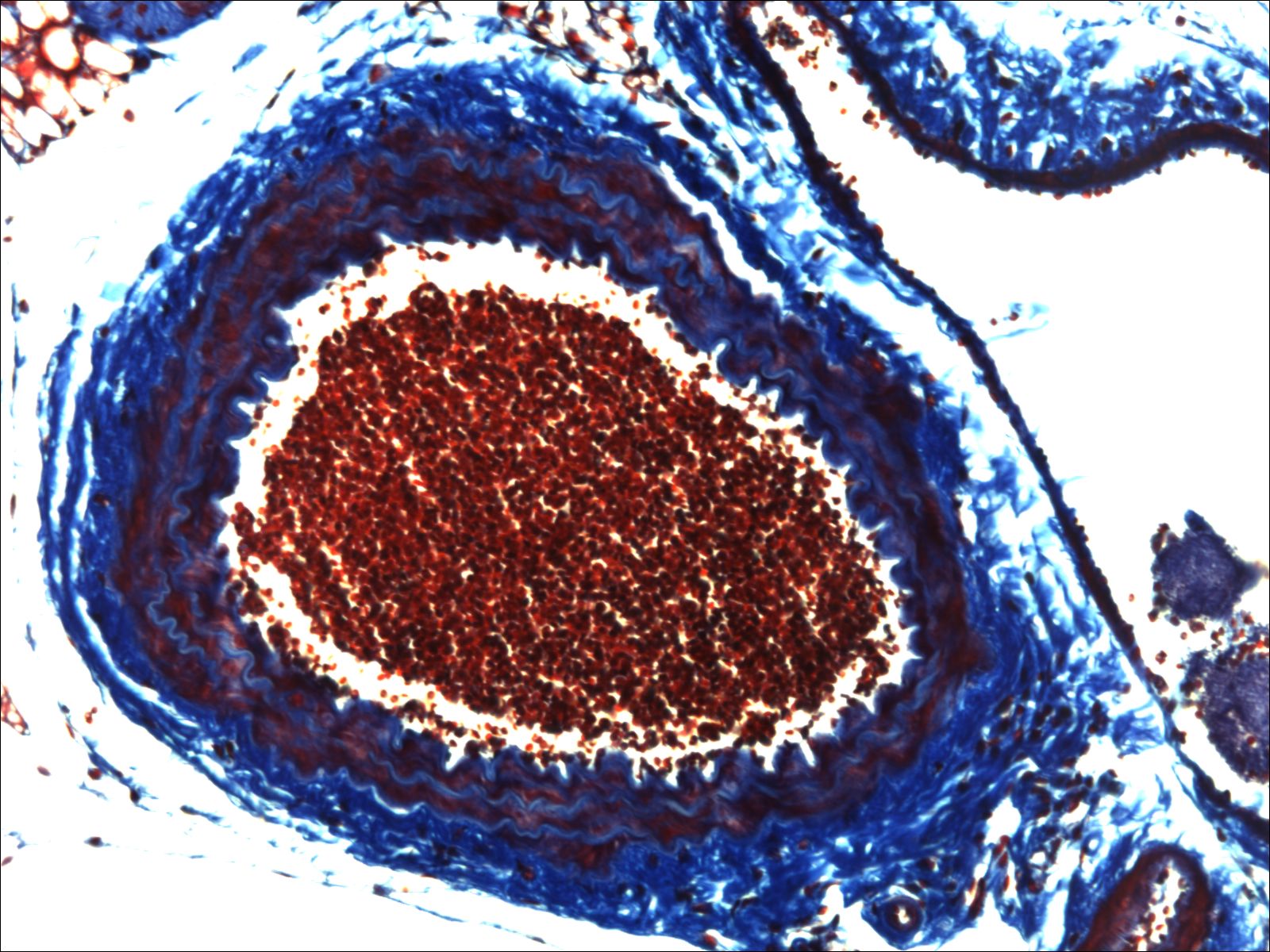 At the beginning of the summer term, after second year exams, medics swapped pens for pipettes as we began research projects in labs across Oxford.
At the beginning of the summer term, after second year exams, medics swapped pens for pipettes as we began research projects in labs across Oxford.
The 'Final Honor Schools' research project is one of the most exciting opportunities that Medicine at Oxford has to offer. As part of the third year course, you are given the chance to design and conduct your own experiments to investigate a title of your choice, with the support and collaboration of experts in a chosen field.
I am very fortunate to be working with Dr. Nicola Smart’s research group in the Department of Physiology, Anatomy and Genetics and British Heart Foundation Centre of Regenerative Medicine. Part of their work uses studies of the embryonic heart to inform methods of manipulating a regenerative response in the adult heart. Specifically, their work focuses on the epicardium, a layer of cells covering the heart, which have shown potential to be reactivated and act as a source of progenitors to repair damage caused by a heart attack.
I am investigating the role of a protein, called thymosin beta 4, in protecting blood vessels from disease, particularly atherosclerosis. By performing a series of experiments to compare the aortas of normal mice (‘controls’) and mice lacking this protein (‘mutants’), I hope to establish its significance in maintaining blood vessel stability. I began by isolating RNA and using qRT-PCR to test if there is a difference in gene expression in the absence of thymosin beta 4. To investigate the structural integrity of the vessels I used a series of staining techniques on frozen and paraffin sections of the aorta. As an example I used fluorescently marked antibodies to compare the location and abundance of specific smooth muscle proteins in the control and mutant aortas.
Working in a research lab is a totally different experience from the busy timetable of lectures, practicals, essays and tutorials in first and second year. There’s plenty of scope for independence and creativity. During the first two years of the Pre-clinical course you gain a broad, core knowledge of medical science, I’ve enjoyed applying some of this knowledge to a specific field and exploring it in detail. It’s exciting to work on something completely original, conducting experiments never tried before, and be welcomed into a team that is at the forefront of their research field.
There is an incredible range of projects on offer, varying from investigating how rewards affect memory formation to the role of miRNAs in the circadian clock. Not all involve laboratory work, many involve working with patients or doing meta analyses. The project is the perfect opportunity to learn a range of lab techniques, gain experience in this field and an insight into the significant work that goes on behind publishing papers.
To conclude the research, you are required to write a report in the style of a scientific paper and give a short presentation of your work to experts in the field. The project constitutes 25% of the 'Final Honor Schools' degree, an intercalated degree that all medical students take as part of their 6-year course here at Oxford.
This project is a thoroughly rewarding and enjoyable experience - an opportunity unique to studying medicine at Oxford!
By Georgi Sanderson (Third Year Medic)
Read more about Medicine at Brasenose.
